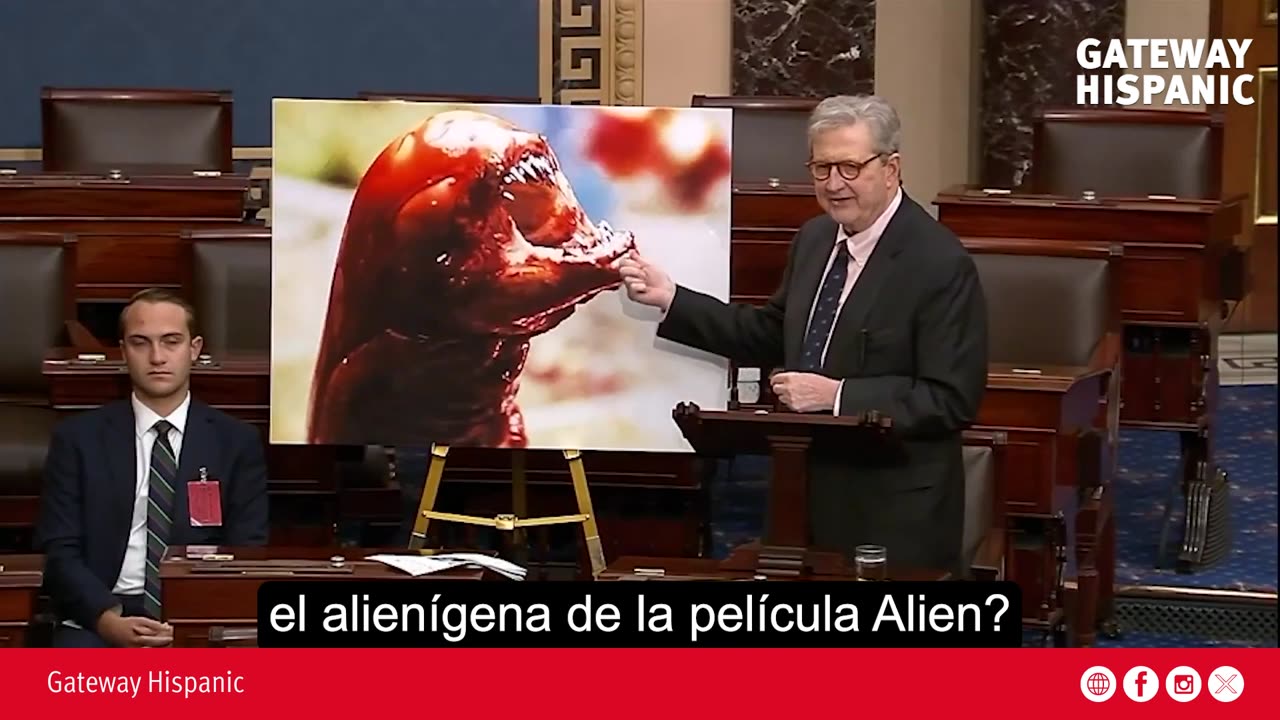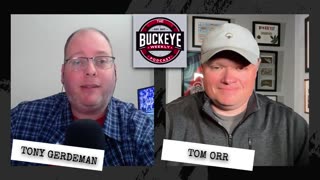Premium Only Content

Meanwhile, an exhibition at one of the world's most important congresses
FDA Warns of Radioactive Shrimp, But Presentation Lacks Credibility
The recent alert from the Food and Drug Administration (FDA) has set off alarms across the United States after discovering raw frozen shrimp imported from Indonesia containing dangerous levels of cesium-137, a highly harmful radioactive isotope. According to the report, these products were sold at Walmart under the Great Value brand in several states, including Alabama, Arkansas, Florida, Georgia, Kentucky, Louisiana, Missouri, Mississippi, Ohio, Oklahoma, Pennsylvania, Texas, and West Virginia. The seriousness of this situation is undeniable: consuming food contaminated with cesium-137 can cause cellular damage, serious illnesses, and a significant risk of cancer.
However, what should have been a moment of national concern for both consumers and health authorities was overshadowed by the manner in which the information was presented at a major international congress. During the presentation, the speaker used a fictional image of the alien from the movie Alien to illustrate the potential effects of consuming these radioactive shrimp. This approach, aside from being inappropriate, undermined a matter that requires maximum attention and scientific rigor. Experts in communication and food safety have warned that such presentations trivialize a real risk, potentially generating misinformation or confusion among professionals and the public alike.
The FDA emphasizes that the priority is to ensure consumers are fully informed about the dangers of these contaminated products and that urgent measures are taken to remove the affected batches from shelves. Yet, the impact of this alert is weakened when the presenter resorts to sensational analogies or fictional references, diverting attention from what truly matters: public health.
The scientific and food safety community stresses that every FDA alert must be treated with absolute seriousness. Contaminated shrimp represent a real and verifiable risk: cesium-137 is a radioactive element that, once ingested, can accumulate in the body and cause devastating long-term effects. The recommendation is clear: any package of Indonesian-imported Great Value shrimp should be discarded immediately, and consumers must avoid consumption until the scope of the problem is fully clarified.
The controversy generated by the use of fictional imagery in a high-level international event highlights the need for professionalism in presenting health alerts. When radioactive risks are involved, seriousness is non-negotiable. Any lapse can be interpreted by international media as a lack of scientific rigor, damaging the reputation of institutions working to protect American public health.
In conclusion, the FDA’s warning about radioactive shrimp must be regarded as an alert of utmost importance, while the way such information is presented in international forums must be impeccable, rigorous, and responsible. The goal is not to generate fear with fictional analogies, but to protect lives and ensure consumers make safe and informed decisions.
#FDAAlert #RadioactiveShrimp #Walmart #Cesium137 #FoodSafety #PublicHealth #Professionalism #USA #FoodImports #ConsumerAlert
-
 LIVE
LIVE
IsaiahLCarter
6 hours agoAPOSTATE RADIO 029: Leftist Violence, & NYC's Mayor's Race (Guests: Lattina Brown and David Sivella)
32 watching -
 10:03:41
10:03:41
LFA TV
13 hours agoLIVE: CHARLIE KIRK VIGIL SERVICE!
149K57 -
 6:59:16
6:59:16
BaldBrad
7 hours agoCharlie Kirk Memorial LIVESTREAM
13.6K3 -
 5:13:13
5:13:13
Professor Nez
1 day ago🚨Charlie Kirk Funeral LIVE: Trump Honors Kirk in Arizona 🇺🇸
14.4K9 -
 22:13
22:13
iCkEdMeL
8 hours ago $10.26 earnedMass Shooting at Wedding Reception — Witnesses Say Shooter Yelled “Free Palestine”
100K40 -
 0:36
0:36
Danny Rayes
2 days ago $4.29 earnedFacebook Needs To Be Stopped...
87.2K19 -
 10:12:19
10:12:19
Total Horse Channel
1 day agoAMHA World Show 2025 9/21
118K8 -
 1:29:02
1:29:02
Game On!
1 day ago $7.77 earnedTHEY'RE BACK! NFL Wise Guys Return For Week 3 BEST BETS!
79.1K4 -
 6:16
6:16
China Uncensored
9 hours agoHow Trump Plans on Stopping Russia and China—Without Firing a Shot!
291K49 -
 33:13
33:13
Ohio State Football and Recruiting at Buckeye Huddle
21 hours agoOhio State Football: 10 Things We Learned Watching Washington's Win over Colorado State
160K